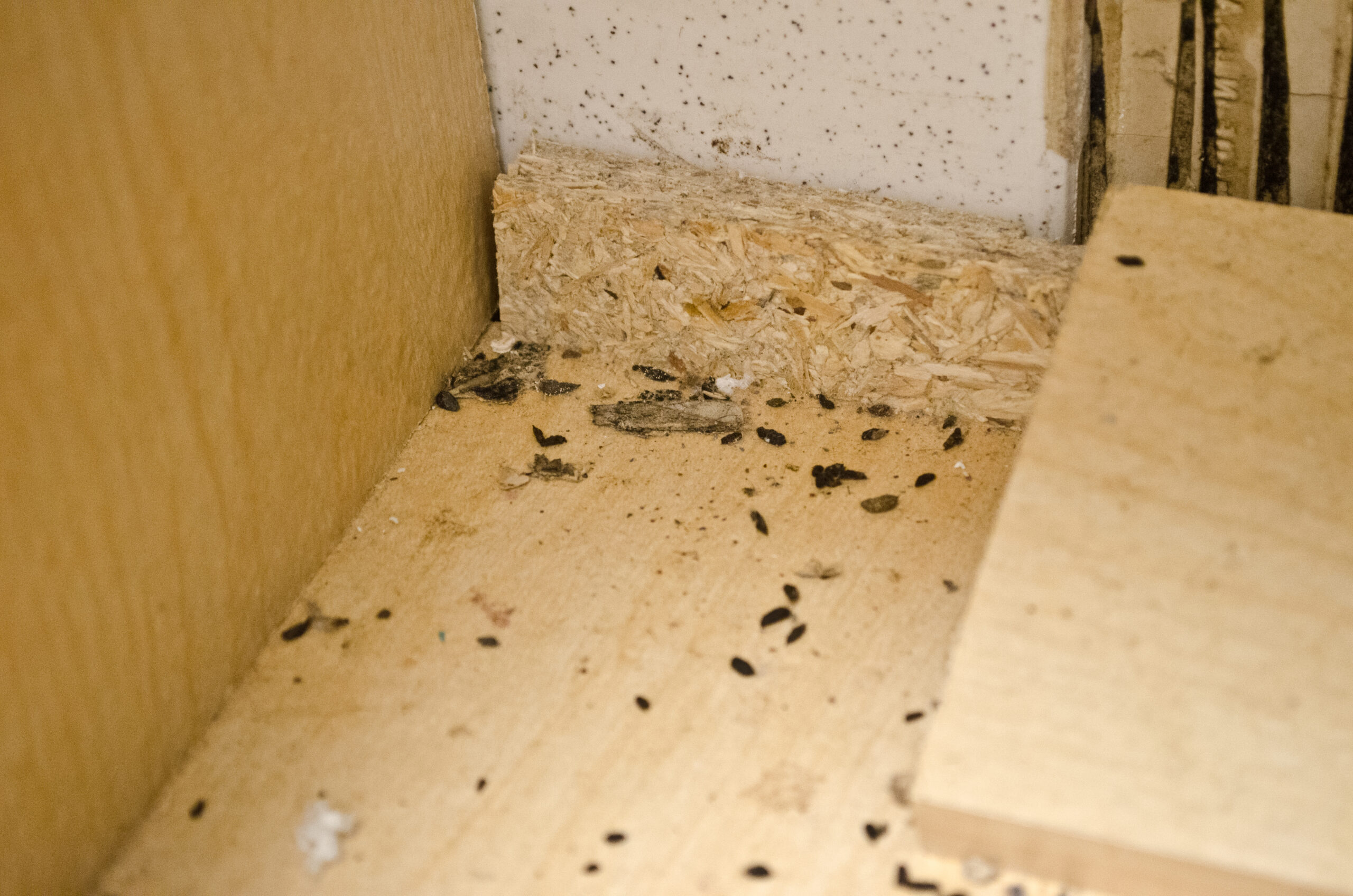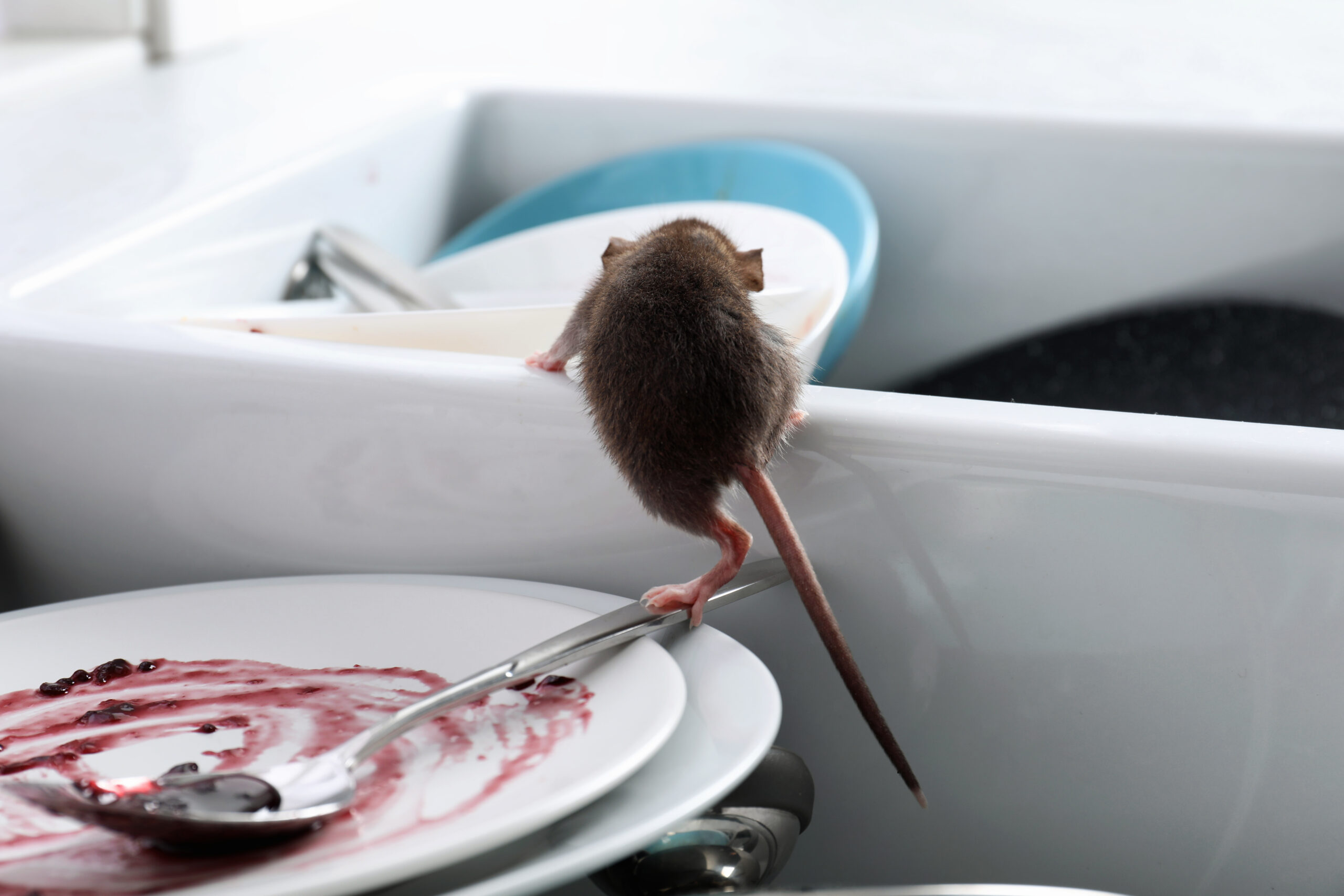
Are tenants or landlords responsible for pest control? A guide to the tenant/landlord split
15-07-2025 | OtherPest control is one of the most misunderstood responsibilities in rental agreements, so it’s essential to understand whether tenants or landlords are responsible for pest control to avoid disputes between both parties. Hearing about pest problems in your rental property can also be worrying, so knowing how to act during a potentially stressful period is helpful.
This comprehensive guide will break down who is accountable for dealing with infestations based on cause and timing. Understanding that will help you understand when renters are responsible for pest control. It will cover insects, rodents, and seasonal issues, such as wasps. The article will also provide guidance on how to allocate responsibilities in tenancy agreements clearly.

Are tenants or landlords responsible for pest control?
Under the Landlord and Tenant Act 1985, landlords are responsible for maintaining a property that is fit for human habitation. Maintaining a property in a fit state for human habitation involves ensuring it is structurally sound and free from hazards that can contribute to pest infestations.
Structural issues can lead to problems such as dampness, cracks in the walls, or broken pipes, all of which help attract pests. As the tenancy agreement should clearly state, landlords are responsible for carrying out maintenance and repairs related to this aspect.
If a pest infestation occurs due to the property’s condition, resulting from the landlord’s neglect of their responsibilities, then the landlord is typically responsible for resolving it. The Homes (Fitness for Human Habitation) Act 2018 further supports the Landlord and Tenant Act 1985 in ensuring that properties are safe for tenants. But when are renters responsible for pest control? Let’s find out.
When are renters responsible for pest control?
The responsibility shifts to the tenant when their actions have directly led to the pest infestation. For example, tenants leaving unwashed dishes out on the sideboards, poor waste management, or failing to complete basic cleaning activities.
Renters should also report issues as quickly as possible. The landlord should conduct property inspections, but these can’t happen too frequently. Tenants should notify the landlord of a structural issue as soon as possible, allowing the landlord to take prompt action. Doing so helps prevent the issue, which can lead to bigger problems, such as a pest infestation.

Easy guide to determining who is responsible for pest control in a typical situation
To determine whether tenants or landlords are responsible for pest control, consider the following factors:
- Cause of the infestation: If the pest infestation stems from the tenant’s behaviour, then the tenant is typically responsible. If the pest infestation is a result of structural issues that the landlord is responsible for in terms of maintenance and repairs, then the landlord is typically liable.
- Timing of the infestation: If the pest infestation occurs at the start of the tenancy, then it is more likely to be a landlord issue. Landlords should create a detailed property inventory list, accompanied by dated photographic evidence. The condition of different parts can then be compared to the current situation. The comparison will help determine whether the issue is due to fair wear and tear, damage deliberately caused by the tenant, or age-related problems that landlords are required to maintain and repair.
- Type of pest: Different pests can highlight different issues. The following information should not be treated as definite, but in typical cases:
- Insects (e.g., ants): Insects are usually attracted to food left lying around the property or in bins. Therefore, insects are typically a tenant’s responsibility, but you will need to clarify this with evidence.
- Rodents (e.g., rats): Rodents often result from structural issues, which is a landlord’s responsibility. Rats and other rodents can also be attracted to rubbish, which is a waste management problem. If that’s the case, then the tenant is responsible for pest control.
- Seasonal pests (e.g., wasps): Wasps’ nests are typically a landlord’s responsibility if located in structural areas like roofs or walls, as tenants cannot safely remove them.
- Tenancy agreement guidance: The tenancy agreement is designed to prevent disputes and should highlight whether tenants or landlords are responsible for pest control.
Practical tips for landlords and tenants regarding pest control
Deciding if tenants or landlords are responsible for pest control can sometimes lead to a dispute. Being proactive is far better than being reactive. If you notice problems occurring, document the evidence with photographic and video evidence. Communicate clearly with the tenant and document conversations where possible. If the issue persists, seek mediation.
For landlords:
- Conduct property inspections to search for pest entry points and verify that tenants are fulfilling their responsibilities, including cleaning and washing dishes.
- Repair or replace structural issues within a reasonable timeframe.
- Call professional pest services if the problem is severe.
- Include pest control responsibilities in the tenancy agreement to make it clear when renters are responsible for pest control.
For tenants:
- Keep the property clean and tidy.
- Put the bins out for collection on the correct dates.
- Report any signs of pests to the landlord immediately.
- Document the pests by creating written and video evidence.
The tenancy agreement and pest responsibilities
To avoid disputes over the key question ‘are tenants or landlords responsible for pest control?’, tenancy agreements should clearly outline responsibilities. The tenancy agreement should outline responsibilities, specify tenant reporting requirements, clearly define maintenance/cleaning expectations, and address any issues in communal areas, if applicable.
Completing a high-quality tenancy agreement helps prepare you for situations such as pest problems. Landlord insurance can also help protect you financially. We have the expertise to find the best landlord insurance deals that are suitable for your needs as a landlord. Contact us today at 01788 818 670 for a quote, and don’t forget to visit our resource centre for more information on how to be a successful landlord.
We won't be beaten on any like for like landlord insurance quote.
Get a quote

